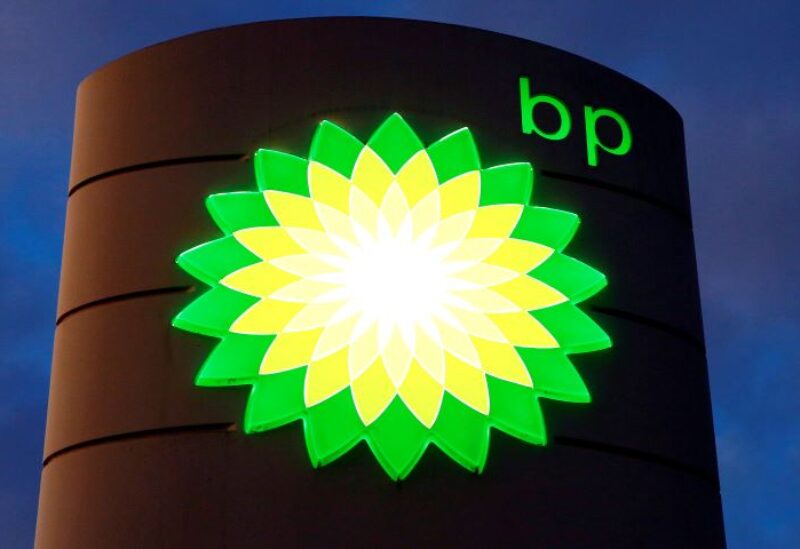
BP
BP intends to build a large-scale green hydrogen manufacturing facility in North East England using wind, water, and solar energy to help Britain transition away from fossil fuels.
According to the British energy firm, HyGreen Teesside will produce up to 500Mwe (megawatt electrical input) of green output sourced from renewable sources by 2030 as it accelerates its move to greener sources of energy.
According to Louise Jacobsen Plutt, BP’s senior vice president for hydrogen and CCUS, the initiative will help “turn Teesside into the UK’s green heart, supporting its people, communities, and companies.”
“Low carbon hydrogen will be critical in decarbonizing difficult-to-abate industrial sectors such as heavy transport,” she added.
Last year, BP laid forth a plan to reduce its reliance on fossil fuels in favor of greener options. The United Kingdom intends to achieve net-zero greenhouse gas emissions by 2050.
Aside from solar and wind, London-listed BP aims to capture 10% of “core” hydrogen markets over the next decade, as oil and gas companies spend substantially in hydrogen in the belief that it could substitute hydrocarbons in power generation, heavy industries, and transportation such as trucking and shipping.
The project will run alongside BP’s H2Teesside, a previously announced “blue” hydrogen project that uses natural gas to manufacture the fuel. According to BP, the two reactors have the ability to meet 30% of Britain’s 2030 hydrogen output target.
This will support the British government’s ambition to produce 5 gigatonnes of low-carbon hydrogen by 2030 to replace natural gas in powering about three million households, as well as industry and transportation.
Governments and energy firms are banking on clean hydrogen to play a pivotal role in efforts to reduce greenhouse gas emissions, but its future applications and pricing are very unknown.
Earlier this month, at the Cop26 climate negotiations in Glasgow, a worldwide alliance of industrial corporations increased a target for emissions-cutting green hydrogen.The HyGreen Teesside project will start production by 2025, with an initial phase of 60Mwe of installed hydrogen production capacity, as BP plans to work with industry and local government such as Tees Valley Combined Authority to increase the pace of decarbonisation in transport.
Teesside is undergoing reconstruction from its previous past as a steel, chemicals, and fossil fuels hub. The city has been chosen as one of two industrial clusters to receive government assistance for a carbon capture project.
BP expects that the facility will help Teesside become the UK’s first major hydrogen transport hub.
The business did not disclose the projected cost of the facility, which is dependent on government funding, and stated that a final decision will be made in 2023.